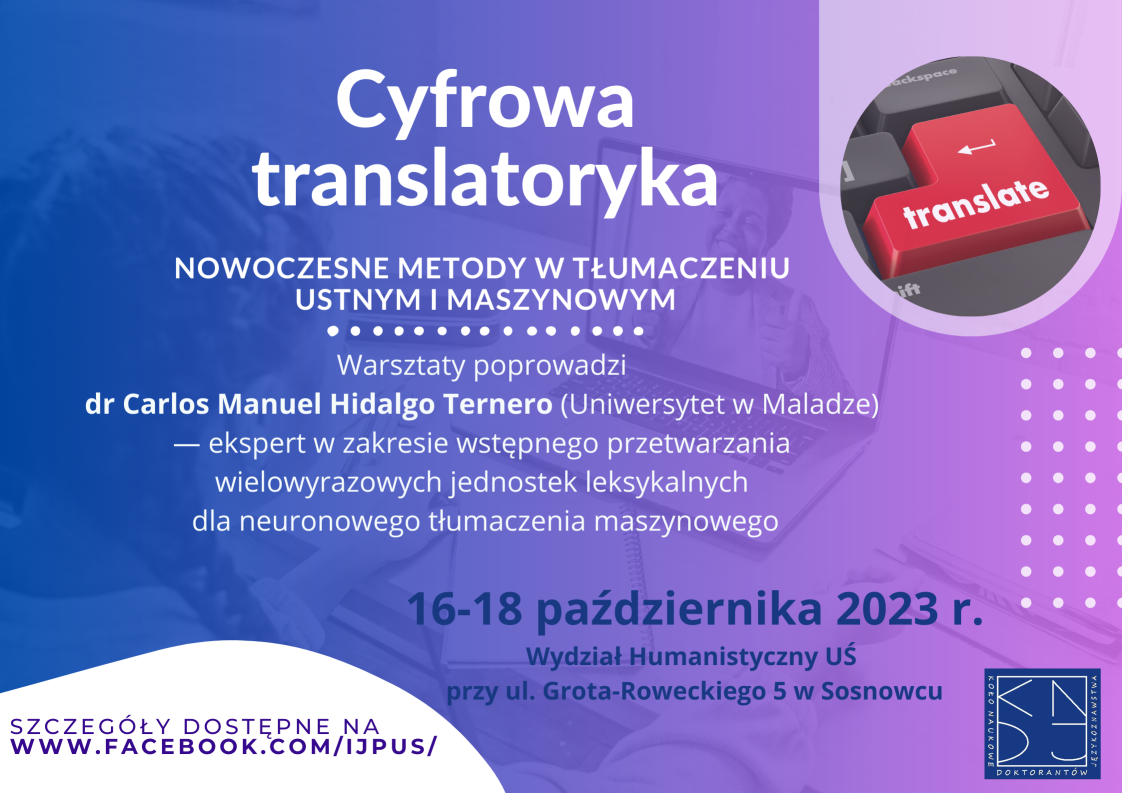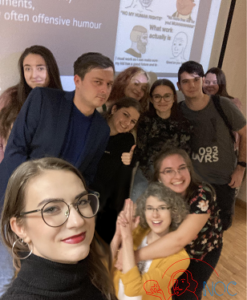
In this seminar, we present three translation and interpreting technologies developed by Lexytrad research team (University of Malaga, Spain): VIP, gApp and Paidiom. VIP (Corpas Pastor, 2021), the first integrated system specifically designed to meet the needs and requirements of interpreters, aims at contributing to the improvement of the working environment for professional interpreters, as well as providing support for trainee interpreters. The development of the VIP project has led to the conclusion that it is possible to provide interpreters with a complete working environment that meets all their needs and improves the quality of their work. To this end, VIP includes different modules especially adapted to the interpreters’ needs: semi-automatic corpus compilation, glossary management, name entity recognition, note-taking, interpreting-training exercises, inter alia.
gApp is a text-preprocessing system designed for automatically detecting and converting discontinuous multiword expressions (MWEs) into their continuous forms in order to improve the performance of current neural machine translation (NMT) systems (see Hidalgo-Ternero, 2021 and 2023; Hidalgo-Ternero & Corpas Pastor, 2020, 2023a & 2023b, among others). To test its effectiveness, several experiments with different NMT systems (DeepL, Google Translate and ModernMT, among others) and in different language directionalities ES/FR/IT>EN/DE/ES/FR/IT/PT/ZH) have been carried out so as to verify to what extent gApp can enhance the performance of NMT systems under the challenge of phraseological discontinuity. Subsequently, an upgraded algorithm, called Paidiom, was designed, which is able not only to automatically detect and convert discontinuous multiword expressions (MWEs) into their continuous forms (analogously to gApp) but also to translemmatise them, i.e., to directly convert MWEs into their target text equivalents in order to improve NMT. The promising results yielded both by gApp and Paidiom will shed some light on new
avenues for enhancing MWE-aware NMT systems.
References:
Corpas Pastor, Gloria, «Technology Solutions for Interpreters: The VIP System», Hermēneus. Revista de Traducción e Interpretación, 23 (2021): 91-123. DOI: https://doi.org/10.24197/her.23.2021.91-123
Carlos Manuel Hidalgo Ternero holds a PhD in Linguistics, Literature and Translation with International Mention from the University of Malaga, with a grade of Outstanding Cum Laude. He also holds a Master’s Degree in Teaching Spanish as a Foreign Language and Other Modern Languages from the University of Seville, as well as a Master’s Degree in Teaching Secondary Education, Vocational Training and Language Teaching, from the University of Malaga. As a researcher, he is the author of more than 15 scientific contributions published in English and Spanish in both national (MONTI Monografías de Traducción e Interpretación or CLINA Revista Interdisciplinaria de Traducción, Interpretación y Comunicación Intercultural) and foreign journals (Yearbook of Phraseology or Études Romanes de Brno), as well as in the form of book
chapters in collective works published by SPI first quartile publishers such as Peter Lang, Springer, John Benjamins Publishing Company or Comares, among others. He is also an organising member of the International Conference ‘Computational and Corpus-based Phraseology’ (EUROPHRAS 2019 and EUROPHRAS 2022, where he has presented two papers in each). His two main lines of research are corpus linguistics and computational phraseology applied to translation in which, more specifically, he has specialised in the preprocessing of multiword expressions to improve neural machine translation systems. As a result of this research, he designed the gApp system, registered by the University of Malaga (intellectual property registration) in Safe Creative (information available at the following link.


